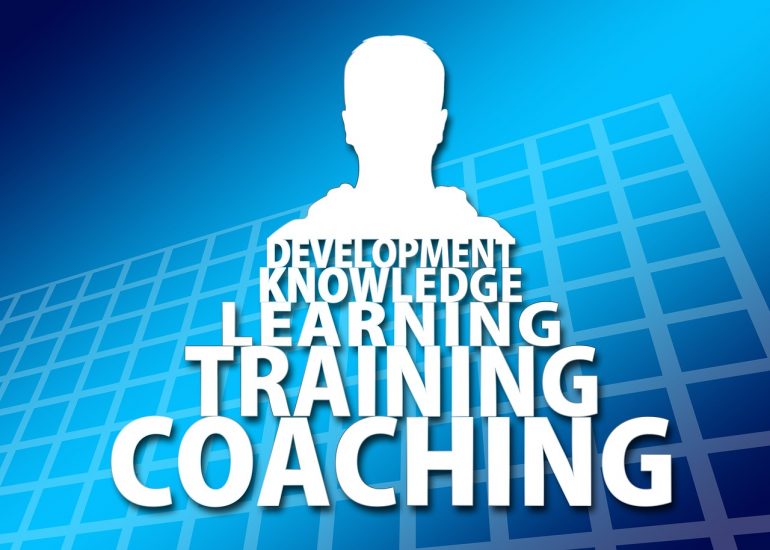Victoria
Wednesday, April 7, 2021
More than 1,700 Indigenous people in communities throughout British Columbia will be able to access education or skills training for in-demand jobs.
“By improving accessibility of education and training, we are creating pathways for Indigenous people to get the skills they need for family- and community-supporting jobs that will also help to rebuild B.C.’s economy and make our province stronger than ever,” said Anne Kang, Minister of Advanced Education and Skills Training. “These programs represent vital opportunities for Indigenous people whose employment was impacted by COVID-19 to build new skills that boost their employability.”
The Province has invested $15 million to support Indigenous communities in managing the impacts of COVID-19 and participate in economic recovery. Some of the Indigenous partners include the First Nations Education Steering Committee, First Nations Technology Council, the Indigenous Adult and Higher Learning Association and Métis Nation British Columbia, along with other ministries that support Indigenous economic opportunities and CleanBC projects.
“The opportunity to receive training in a high-demand field will help Indigenous people get back into the workforce faster and contribute to recovery efforts across the province,” said Murray Rankin, Minister of Indigenous Relations and Reconciliation. “This funding supports Indigenous communities to identify their own needs for recovery from the impacts of COVID-19, such as training in emergency planning, information technology, the natural resource sector and health care.”
Training and education opportunities are available in areas such as agriculture, health care, early childhood education, Indigenous languages, office administration, small business management, customer service fundamentals, adult education, forestry, heavy equipment operation, construction trades, land reclamation and mining, as well as digital innovation and literacy. For examples of programs, see the attached backgrounder.
Investing in skills training and education for Indigenous peoples is part of government’s economic recovery plan, created to help people upskill or reskill so they can find their place in the post COVID-19 economy. These targeted investments are helping create opportunities through short-term training for in-demand jobs, Indigenous community-based skills training and education, training for health and human services jobs, as well as micro credentials.
StrongerBC: BC’s Economic Recovery Plan outlines the steps government is taking to help people, businesses and communities recover and come out of COVID-19 stronger and better prepared to meet the challenges ahead. It is part of B.C.’s $10-billion COVID-19 response.
Quotes:
Tyrone McNeil, president, First Nations Education Steering Committee (FNESC) –
“The COVID-19 pandemic has disproportionately impacted First Nations, and we are pleased that the ministry has provided funding to FNESC to address the needs of learners and communities through a First Nation-controlled allocation process. Working with the Indigenous Adult and Higher Learning Association, we have been able to support a broad spectrum of programming, ranging from adult basic education to university programs. We look forward to continuing to work with the ministry to advance First Nations control of First Nations education and the delivery of meaningful community-based programming.”
Denise Williams, CEO, First Nations Technology Council –
“We are looking forward to offering an Indigenous-led and designed web development program this spring that will serve 50 Indigenous learners throughout the province. The B.C. tech sector is recognizing Indigenous innovators as a significant source of talent and we are eager to follow the success and positive impact of our largest-ever graduating cohort of Indigenous web developers.”
Verna Billy Minnabarriet, chair, Indigenous Adult Higher Learning Association –
“The funding provided by the ministry to support community-based programming comes at a critical time, with many students choosing to pursue their education within their home communities, including at Indigenous Adult and Higher Learning Association member institutes. Through this funding, more First Nations learners have access to post-secondary programs needed to support recovery from this pandemic, along with the culturally relevant supports to ensure their success.”
David Hansen, director, Kitselas Employment and Training –
“This is an incredible opportunity to innovate through the challenges of COVID-19. I am especially excited to see community-led programming that bridges post-secondary education, trades training and the labour market, all while bringing major benefits to our community. Tune into Kitselas Employment and Training to learn more about Kitselas food sovereignty projects.”
Quick Facts:
- The new training projects for Indigenous peoples launched between November 2020 and early 2021.
- Programs support Indigenous communities and respond to the Truth and Reconciliation Commission’s Calls to Action, including Call to Action #7: “We call upon the federal government to develop with Aboriginal groups a joint strategy to eliminate educational and employment gaps between Aboriginal and non-Aboriginal Canadians.”
- These programs also respond to the the United Nations Declaration on the Rights of Indigenous Peoples’ recommendations, such as Article 21.1: “Indigenous peoples have the right, without discrimination, to the improvement of their economic and social conditions, including, inter alia, in the areas of education, employment, vocational training and retraining, housing, sanitation, health and social security.”



